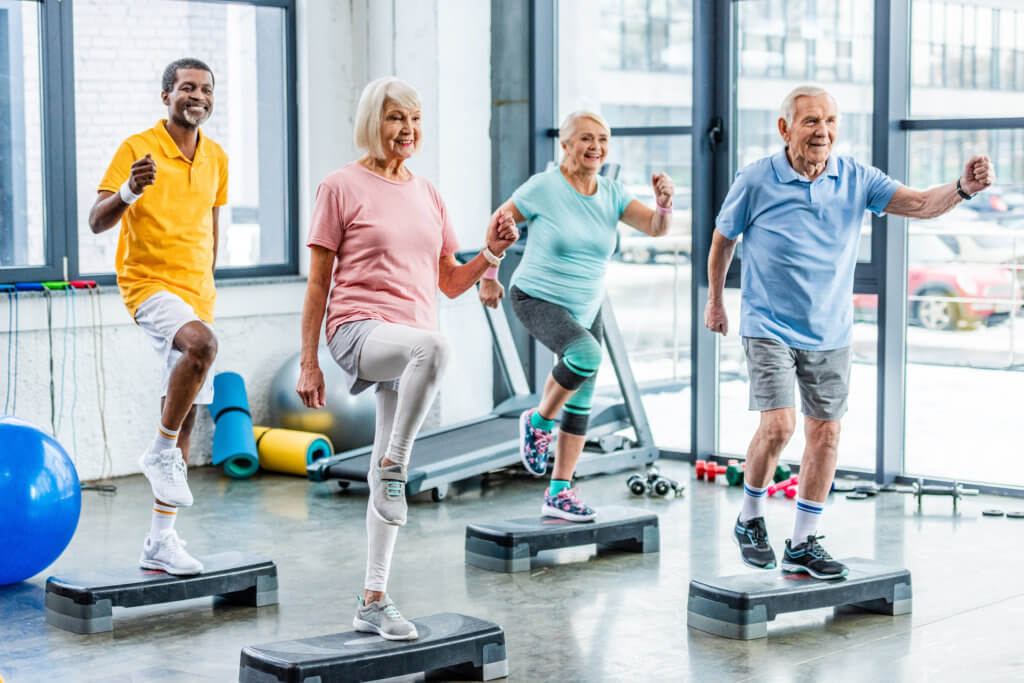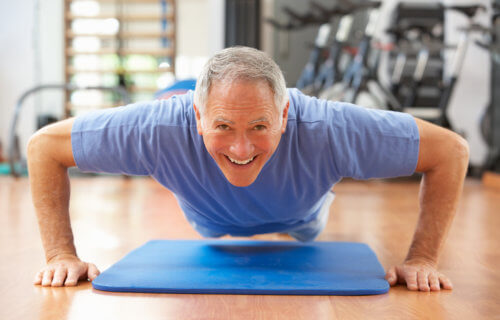SOPHIA ANTIPOLIS, France — Getting just the right amount of sleep is crucial. Sleeping too little or too much can cut years off your life. However, a new study has good news: exercise can counteract the negative effects of poor sleep and even help people live longer.
“The study showed that increased physical activity levels weakened the mortality risks associated with short or long sleep duration,” says study author Dr. Jihui Zhang of The Affiliated Brain Hospital of Guangzhou Medical University, China, in a media release.
High quality sleep and exercise are known as individual contributors to a longer life. However, how they work together to improve health has been unclear. Previous studies haven’t been reliable because they used self-reported measurements of physical activity and sleep, which leaves room for inaccuracy.
This study used an accelerometer wrist device on 92,221 adults from the UK Biobank between the ages of 40 and 73 to record movement, which is much more reliable than participants just self-reporting. The group wore the device for a week between 2013 and 2015. Researchers classified nightly sleep duration as short (less than six hours), normal (six to eight hours), or long (more than eight hours). The team also divided total exercise volume into low, intermediate, and high categories. Whether you are doing exercises to relief back pain or just walking up the stairs frequently, an accelerometer can provide an estimate of vigor of your daily activity. They classified moderate-to-vigorous activity according to the current World Health Organization guidelines. Study authors used death registries to gather mortality data.
The team made sure to adjust for possible influential factors like age, sex, ethnicity, deprivation, education level, season of sleep measurement, body mass index, diet, smoking, alcohol intake, and shift work.

The more you exercise, the less poor sleep matters
After a seven-year follow-up period, 3,080 participants died. Of this group, 1,074 died from heart disease and 1,871 died from cancer. For those with low exercise volume, short and long sleep durations led to a 16 and 37-percent higher risk of all-cause death, respectively.
In those engaging in intermediate amounts of exercise, only short sleep was harmful, increasing likelihood of all-cause death by 41 percent. Those who exercised a lot (high volume), were not affected by poor sleep at all. Specifically for cardiovascular death, short sleepers with a low volume of exercise had a 69-percent higher risk, but that declined as exercise volume increased. As for the risk of cancer, long sleepers with low exercise volume had a 21-percent increased risk of disease onset, which also went down as exercise volume went up.
These findings are consistent with moderate-to-vigorous activity categories as measured by the WHO guidelines. In those who didn’t meet the recommendations, short and long sleep both had a link to 31 and 20 percent higher risks of all-cause death, respectively. For people who did meet these activity standards, these risks went away.
“Our findings suggest that health promotion efforts targeting both physical activity and sleep duration may be more effective in preventing or delaying premature death in middle-aged and older adults than focusing on one behavior alone. In an ideal scenario, people would always get healthy amounts of both sleep and physical activity. However, our study indicates that getting sufficient exercise may partially offset the detrimental impact of missing a good night’s sleep,” Dr. Zhang concludes.
The findings are published in the European Journal of Preventive Cardiology.

